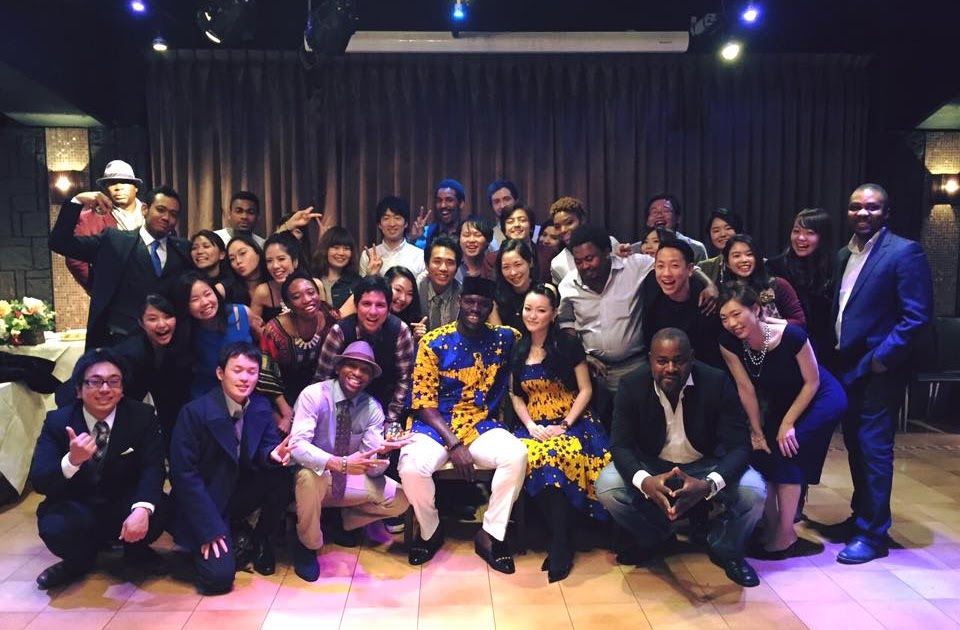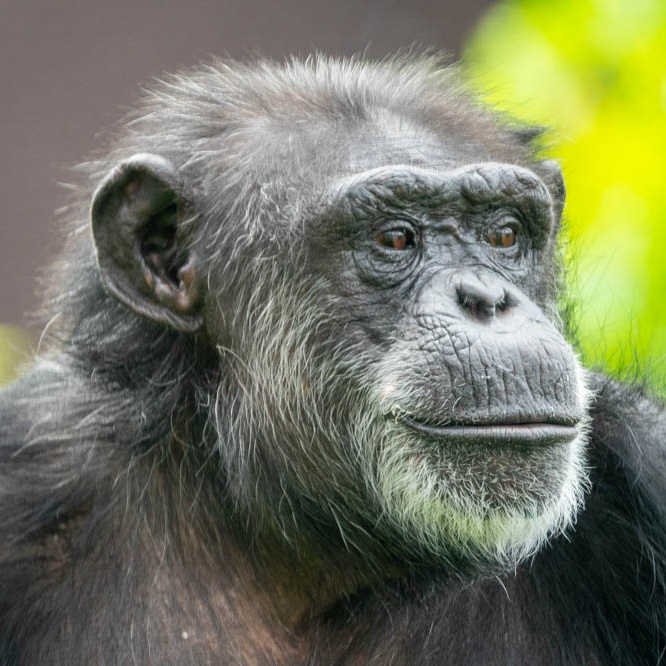Both Japanese and your typical West African language stick mostly to CV syllables and word-internal pitch variation. In Japanese said pitch variation is due to the accent, in the typical West African languages due to simple tone systems.
Note however that to generalise African languages like this is silly. It’s a lot like saying that English, Russian, Georgian, and Mandarin “sound Eurasian”. Like, if you squint your
eyesears really hard you can find some statistical similarities (like cramming 9001 consonants per syllable - Mandarin doesn’t do that though), and in some cases you’ll find some actual relation (like English and Russian being related to each other), but for most part you’re fooling yourself.For reference, check !Xóõ, Amharic and Kimbundu. They don’t really sound like each other, do they? Or like Japanese, although perhaps you can kiiiinda see some resemblance with Kimbundu.
Many Plateau State names can pass for Mandarin names. A former Plateau journalist I used to be fond of (because of the exotic musicality of his name) is called Shok Jok. That name could pass for a Mandarin or Cantonese name.
Cantonese perhaps. But you don’t typically have syllables ending in /k/ in Mandarin.
His lexicostatistical analysis found that less than 30 percent of the similar-sounding words between Plateau State languages and China’s Sino-Tibetan languages share similar meanings. Linguists call these kinds of similarities “accidental evidence.”
That happens quite a bit indeed. Specially often across languages with simpler syllabic structure, by simple statistical chance. But even among others; Zompist has a good text about this, if anyone is interested.
And even when the words do sound similar, and have a similar meaning, sometimes they’re completely unrelated. For example, there’s an Australian language called Mbabaram where the word for dog is… “dog”. English influence? Nope - coincidence.
From the HN comments:
That’s a good point. Latin letters map to a big number of IPA sounds. I think this is specially true with consonants. Vowels, however, might be the same. For example, Spanish has five vowels (a, e, i, o, u in IPA). Japanese also has five IPA vowels and only the “u” is different in IPA
That’s even truer for vowels than for consonants. Consonants are somewhat discrete, as they tend to gravitate towards certain articulations; vowels however are mainly defined by height and backness, and both features form a huge and messy 2D continuum.
With that said, the similarity between Spanish and Japanese isn’t quite a coincidence. It’s just that your typical language has:
- 2 to 4 vowel heights; often three (open, mid, closed)
- two degrees of backness, front vs. back
- less open than closed vowels
Once you glue those things together you end with a five vowels system, similar to Spanish or half Japanese. (Why half? Japanese distinguishes between long and short vowels, Spanish doesn’t.)


